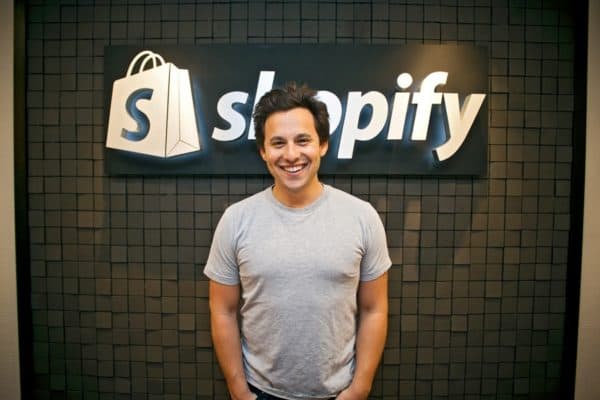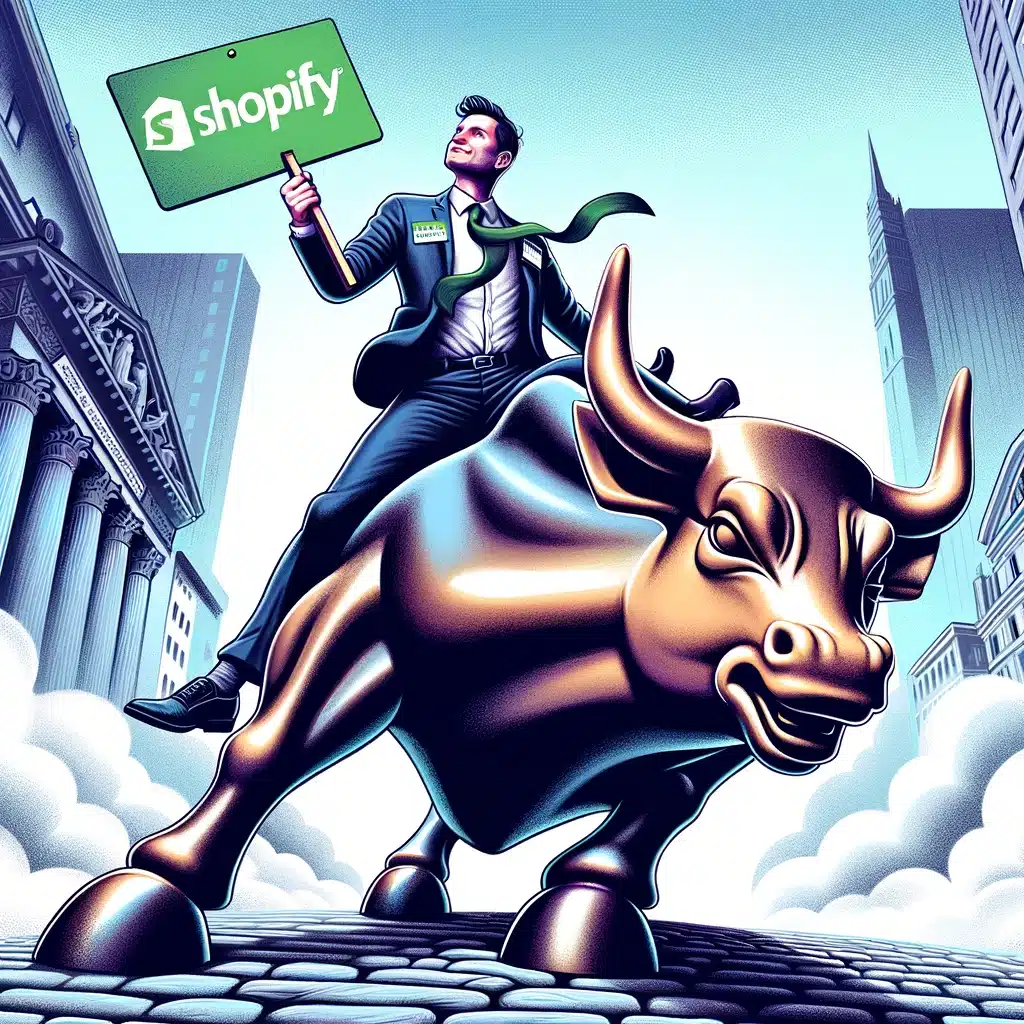Shopify CEO Finkelstein says short sellers are simply wrong

 It’s full steam ahead for e-commerce company Shopify (TSX, NYSE:SHOP), says chief operating officer Harley Finkelstein, who insists that there’s nothing wrong with the company’s business model, despite recent concerns raised over customer churn and profitability.
It’s full steam ahead for e-commerce company Shopify (TSX, NYSE:SHOP), says chief operating officer Harley Finkelstein, who insists that there’s nothing wrong with the company’s business model, despite recent concerns raised over customer churn and profitability.
Shopify shareholders will be gathering tomorrow for the company’s annual meeting, and while there is much to celebrate about the Ottawa-based tech company’s past 12 months —including quarterly revenue numbers that keep soaring and a share price that hit its all-time high in March —Shopify has also been on the defensive as of late, trying to dispel concerns over profitability and whether or not its earnings justify SHOP’s high valuation.
Not a problem, says Finkelstein, who spoke to BNN Bloomberg to address the issue of Shopify’s churn rate —the number of customers who drop their subscriptions over time.
“The easiest way for us to reduce churn is to move upmarket and only focus on big brands. Fundamentally, that’s not what we think is the right move, long term,” says Finkelstein. “I think the reason why some people are confused a little about our business model is that they’re not used to seeing a product or a piece of software where you can start when you’re really small but even when you grow to be a billion dollars a year you can stay. That really is our model, and that’s incredibly different than a lot of the e-commerce platforms out there,” he says.
Last week, news broke that tech giant Adobe would be acquiring e-commerce platform Magento, a Shopify rival, causing a drop in the latter’s share price. Here, Finkelstein switched from defence to offence by claiming that in the case of Magento, Adobe is actually getting a dud.
“I think now every enterprise software company other than Microsoft now has some sort of commerce partner,” says Finkelstein. “I think the reason they all do it is because they have some software that they want to sell and I think that [Adobe] believes that by acquiring Magento, they’ll be able to sell to those Magento merchants other products already within the Adobe portfolio.”
“Magento for a long time has stopped innovating. We’ve seen that often when companies get acquired, innovation often stops, and so Magento has been a company that we’ve actually been able to migrate a lot of customers from,” he says.
Finkelstein also deflected criticisms raised over the past year by Citron Research’s Andrew Left, who claimed Shopify was leading customers on with false promises and “get rich quick” schemes.
“The business model makes a lot of sense,” says Finkelstein. “Have a wide top of funnel, make it easy for anyone with an idea — someone with a hobby that they want to commercialize that hobby, to take an idea to market — and once they start using Shopify and have some success, make it easy for them to scale up over time. This is a new software paradigm, it’s also a new business paradigm, where you don’t have to leave the platform as you get bigger.”
“Most of the allegations that some of these short-sellers have put out are completely wrong and that’s been proven out,” he says. “Those stories are behind us now. We think we have an opportunity here and we’re not taking our foot off the gas anytime soon.”



